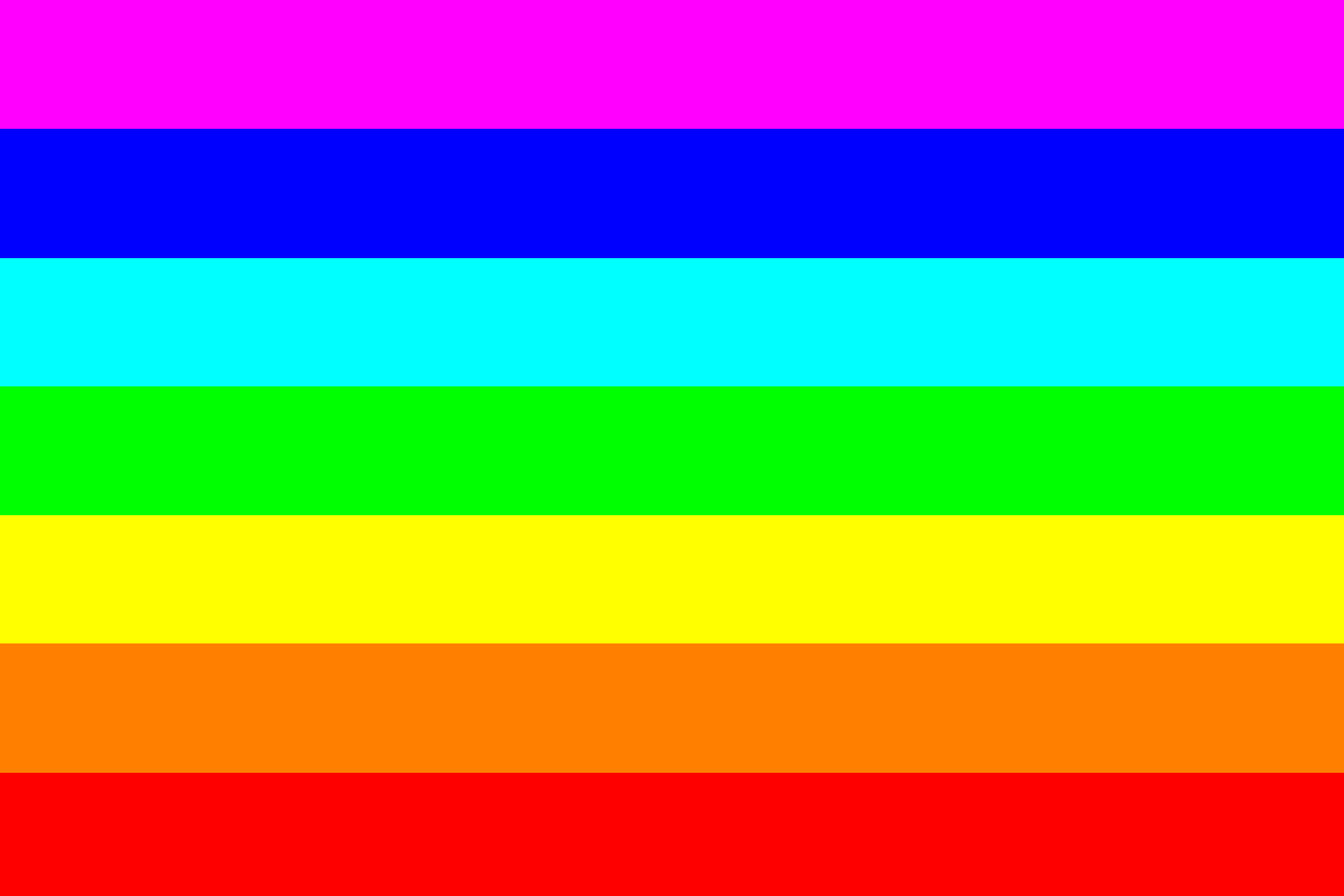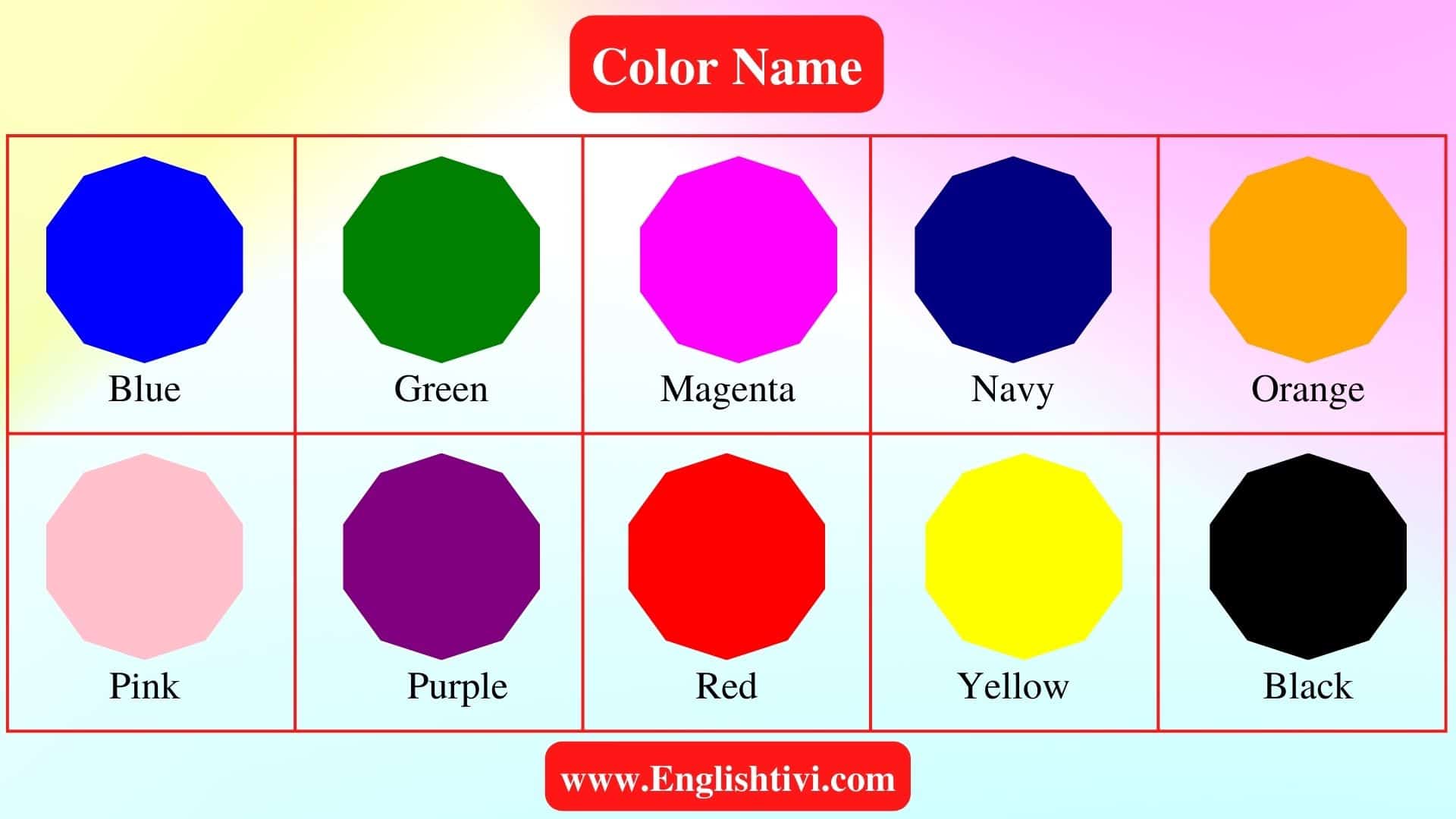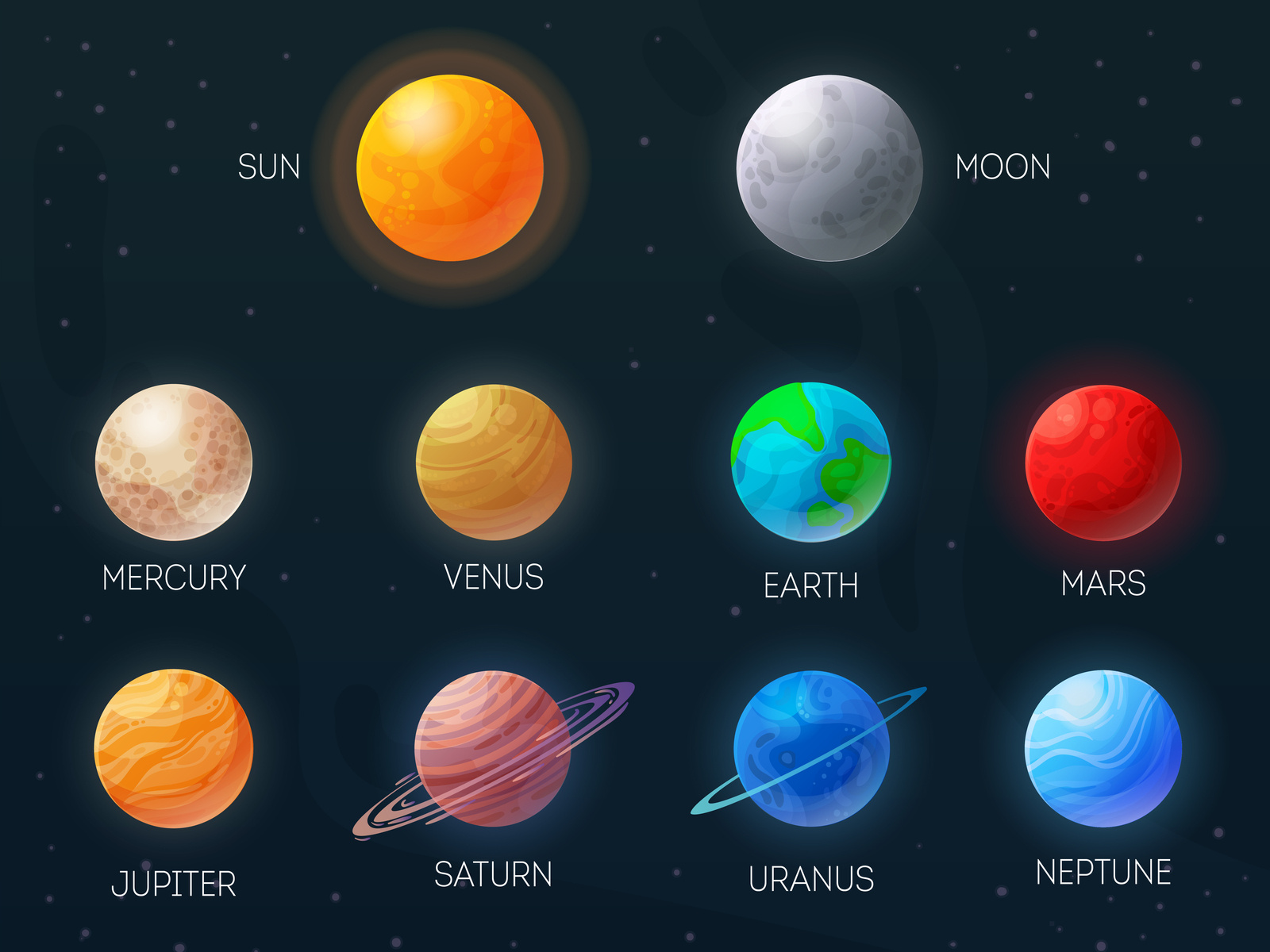What Are The Colours Of The 9 Planets This illustration shows the mathematically perfect orbital resonances that exist among the six planets of HD110067 a star 100 light years from Earth Emerging as a planetary system is born such
Colors of the Planets Colors of the Planets We know so little about planets orbiting other stars that even simple measurements of colors can tell us what type of world they are In this figure from Timothy A Livengood s proposal ratios of colors indicated by their wavelengths sort the planets into distinct groups using color information The innermost planet takes about nine days to orbit the star The outermost planet takes about 54 days The planets orbit the star between 6 and 20 of the distance between Earth and the sun
What Are The Colours Of The 9 Planets
 What Are The Colours Of The 9 Planets
What Are The Colours Of The 9 Planets
http://www.outerspaceuniverse.org/wp-content/uploads/planet-colors.jpg
Nov 29 2023 Leer en espa ol Astronomers have discovered six planets orbiting a bright star in perfect resonance The star system 100 light years from Earth was described on Wednesday in a
Pre-crafted templates offer a time-saving option for producing a varied variety of files and files. These pre-designed formats and designs can be made use of for different individual and expert tasks, consisting of resumes, invites, leaflets, newsletters, reports, discussions, and more, streamlining the material production procedure.
What Are The Colours Of The 9 Planets

HD 3D 229 blend dae obj unknown Free3D

Rainbow Colours Ubicaciondepersonas cdmx gob mx

IPhone 14 Pro And Pro Max Colors Which One Should You Get Tom s Guide

7 Rainbow Colours Bank2home

List Of Colours Colors Name In English With Pictures Englishtivi

All In Order Of The Rainbow Colors

https://www.universetoday.com/33642/the-colors-of-the-planets/
As a terrestrial planet Mercury is also composed of mostly iron nickel and silicate rock which is differentiated between a metallic core and a rocky mantle and crust Mercury also possesses an

https://exoplanets.nasa.gov/resources/141/visible-light-color-of-planets-plot/
Visible light Color of Planets Plot This plot compares the colors of solar system planets to the color of the hot Jupiter class planet HD 189733b With the exception of Mars the colors are primarily determined by the chemistry of the planets atmospheres Earth s blue atmosphere plus the blue tint of the oceans dominate our world s hue

https://coolcosmos.ipac.caltech.edu/ask/203-Why-do-the-planets-have-different-colors-
How many planets in the Solar System have rings Why are all of the planets round What is the order of the planets in the Solar System What is the solar system Why do the planets have different colors Planets have the colors that they have because of what they are made of and how their surfaces or atmospheres reflect and absorb sunlight

https://theconversation.com/from-neptunes-blue-hue-to-jupiters-red-spot-are-the-colours-of-the-planets-real-62513
The giant planets Jupiter famously has a Great Red Spot a giant oval storm system While the more subtle colours elsewhere in Jupiter s clouds may be largely due to the cloud tops being

https://www.cnn.com/2023/11/29/world/six-exoplanets-resonance-scn/index.html
The closest planet takes just over nine Earth days to complete an orbit around the star and the most distant takes about 55 days All of the planets have quicker revolutions around their star
Planet Nine The edge of the solar system How did the solar system form The order of the planets in the solar system starting nearest the sun and working outward is the following Mercury Our solar system can be divided into three regions the inner solar system the outer solar system and the Kuiper Belt and Oort Cloud The inner rocky planets are Mercury Venus Earth and Mars These worlds also are known as terrestrial planets because they have solid surfaces Mercury Earth and Mars are currently being explored by spacecraft
The outermost planet of the three planets initially found takes 20 5 Earth days to orbit its star 1 5 times the next star inwards which takes 13 6 Earth days 1 5 times the next one at 9 1 Earth